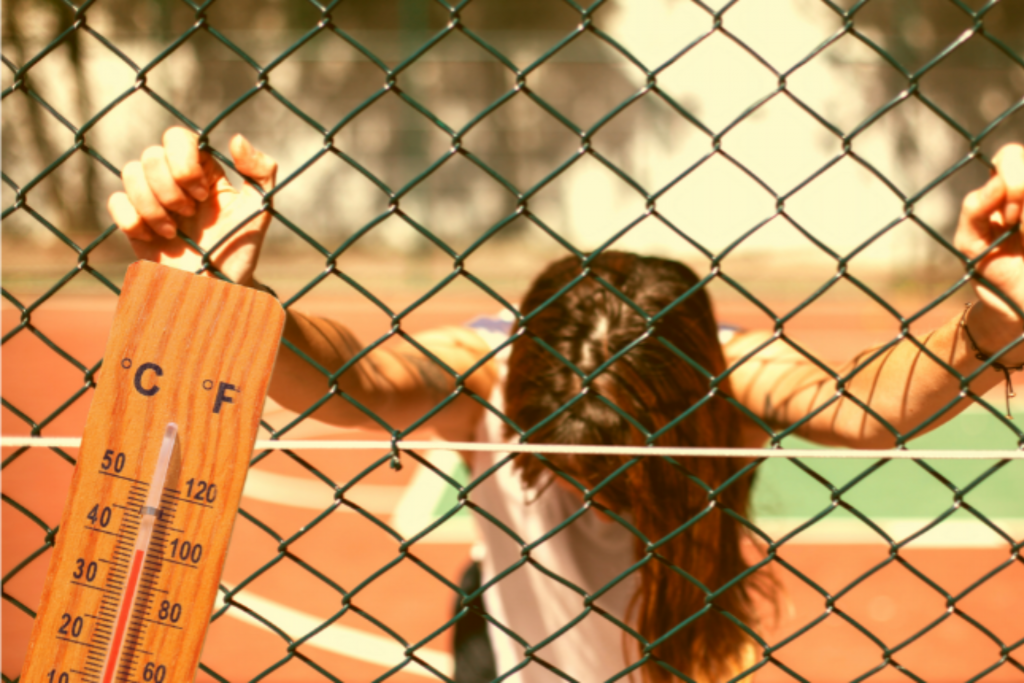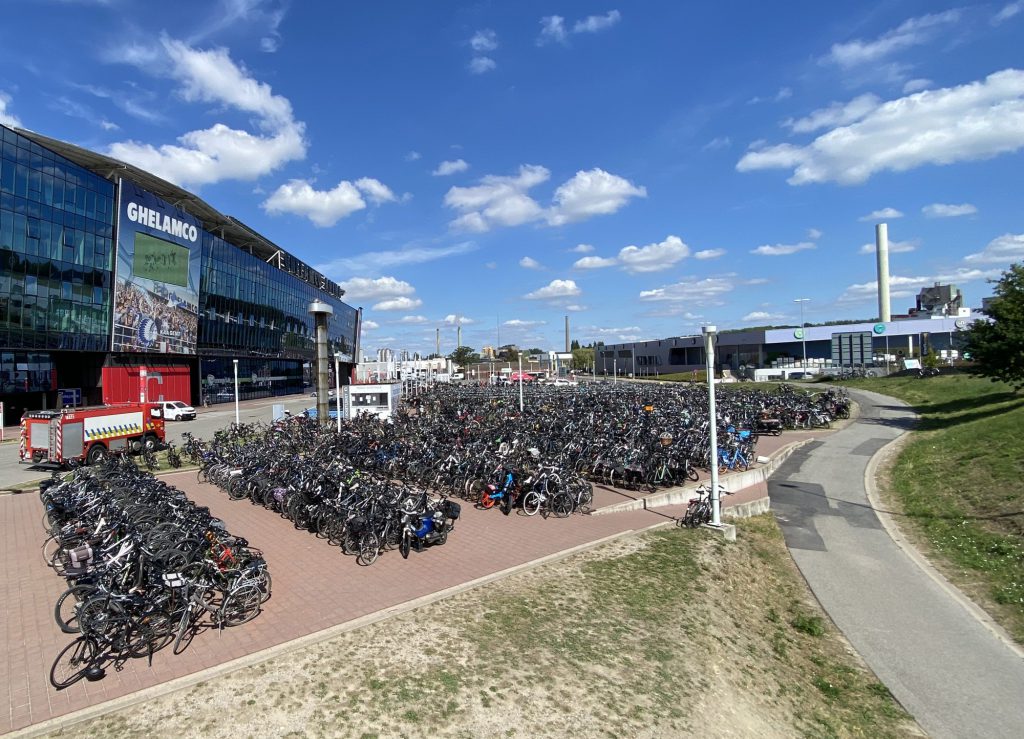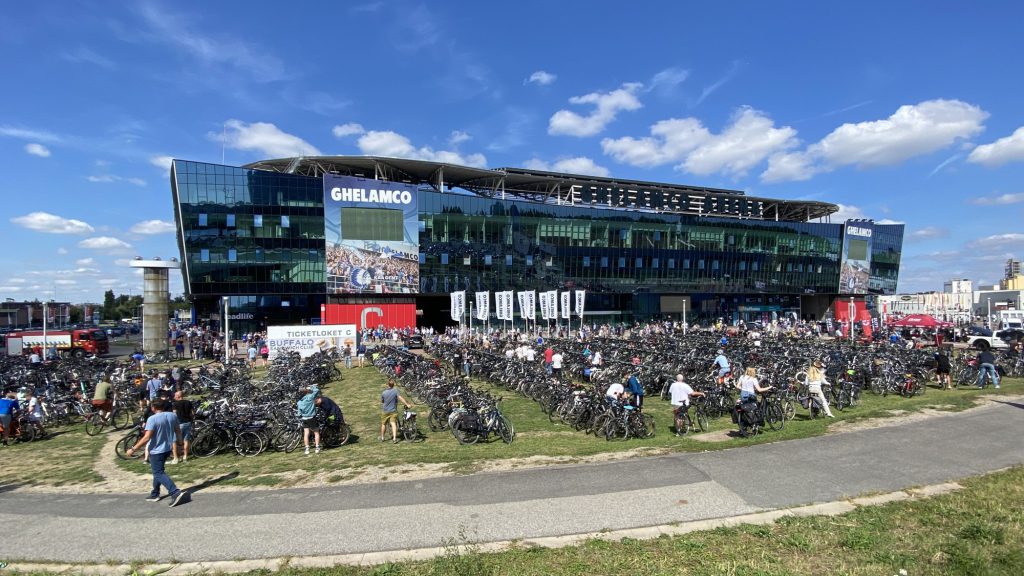EFDN Highlights: August 2022
As 2022 comes to an end, EFDN invites you to look back on this year’s top activities, projects and news stories. Take a look at some highlights from August.
Big Hearts rewarded for “Welcome Through Football” project
Big Hearts’s project for young refugees was recognised by a regional award from the Scottish Football Association. They received the award as part of the 2022 Scottish FA Regional Grassroots Awards.
‘Welcome Through Football’ project was recognised in the category “Best Community Football for All Project” for the Scotland South-East Region: ‘a community based project which has succeeded in encouraging Football for All which may include creating opportunities for people from underrepresented backgrounds, disadvantaged areas and/or has demonstrated strong growth in participation’.

As the only organisation hosting the project in Scotland, Big Hearts are proud of this fantastic achievement which coincides with the first full season of Welcome Through Football at Tynecastle Park. The initiative was launched by the European Football for Development Network and uses the beautiful game as a tool to improve the social inclusion and wellbeing of refugee and asylum seekers in 6 countries.
The 2022 Scottish FA Regional Grassroots Awards, supported by McDonald’s and the Sunday Mail, aim to recognise and reward people across the country that make a difference to grassroots football in their local community. In line with the Scottish ambitions to further equal opportunities, Big Hearts have so far helped over 50 New Scots build friendships, accessing further education or employment to rebuild their lives in Edinburgh.
SDG striker beats the heat
SDG Striker used sport as a platform to take action on heat waves and its effects.
As years pass by, it is getting clearer that heat weaves are going to become more severe and frequent in Europe and around the world, as a result of climate change. In 2022, people have already experienced a heatwave in springtime in the south of Europe, especially in Spain, reaching records temperatures.
Sport, as an intense physical activity that often takes place outdoors, can be widely affected by heat waves and can affect the health of sports practitioners and the public attending to sport events, like dehydration, heat strokes and sunburns. When sports do take place indoors, heat waves can increase the pressure on the resources needed to cool the spaces. Therefore, climate change and heat waves can have a negative impact on the sports sector, hindering the practice of sports activities and limiting its benefits on the population, as well as interfering in the celebration of sport events, affecting the economy of those who work in the sector and make a living out of it.

Given this, the SDG Striker project attempted to promote and implement measures for sustainability in sport clubs and federations around Europe. The project tried to be a point of reference for sport clubs in the achievement of the UN Sustainable Development Goals (SDGs).
The SDG Striker project took steps towards the fulfillment of this goals by planning and implementing a series of pilot projects in Portugal, Scotland, and Norway. These pilots were aimed to combat climate change, heat waves, and their effects in the following way:
- The Portuguese Football Federation (FPF) is installing solar panels in sports facilities, as a way to provide with sustainable and accessible energy to the sports activities. This allows the facilities to make clean energy available for cooling, in case of heat waves, and also contributes to naturally cool the interior of the buildings, since solar panels block and absorb the energy of the sun.
- The Norwegian Football Federation (NFF) is installing alternative and more sustainable turf fillers for football pitches. Using Norwegian birch wood as turf filler can play an important role in forest management, contributing to fire prevention during periods of extreme high temperatures. Another goal is to reduce the pollution of water by microplastics, and given that one of the main effects of heat waves are droughts, preserving the quality and availability of fresh water is essential for combating water shortages and dehydration.
- Finally, the Scottish Football Federation (SFA) is implementing measures to foster energy efficiency and tackle energy poverty. These measures can lead to a major reduction of the Scottish football contributions to climate change, by reducing emissions as a way of combating climate change and the consequent heat waves.
KAA Gent became bicycle embassy of football
During the KAA Gent – Royal Antwerp FC match, one in four KAA Gent supporters (Buffalos) came to the match by bicycle. With 3,317 Buffalos cycling, KAA Gent confirmed its status as the largest cycling club in the country.
At the initiative of the KAA Gent Foundation and in collaboration with the Fietsambassade and the Fietsersbond, the bicycles around the Ghelamco Arena were counted during the race on Sunday. It also mapped out how well the bicycle sheds are used.
3317 KAA Gent supporters came to the stadium by bicycle. An overwhelming number, especially when you consider that 13,322 Buffalos were present. This means that 1 in 4 supporters took the bicycle.
KAA Gent and the KAA Gent Foundation would like to thank the cycling KAA Gent supporters. The bicycle is good for health, good for the climate and contributes to a better flow of other forms of transport around the stadium.

Before the race, bicycling Buffalos could go to the Ghent Bicycle Embassy for free air and grease. The Fietsambassade Gent vzw stimulates and facilitates the use of the bicycle as a sustainable means of transport in Ghent through a recognizable, high-quality, innovative and accessible service. The organization promotes the transition to better and sustainable mobility in Ghent and is developing Ghent into a leading bicycle city in Europe.


Aris Limassol FC Social, Environmental, and Health Initiatives




